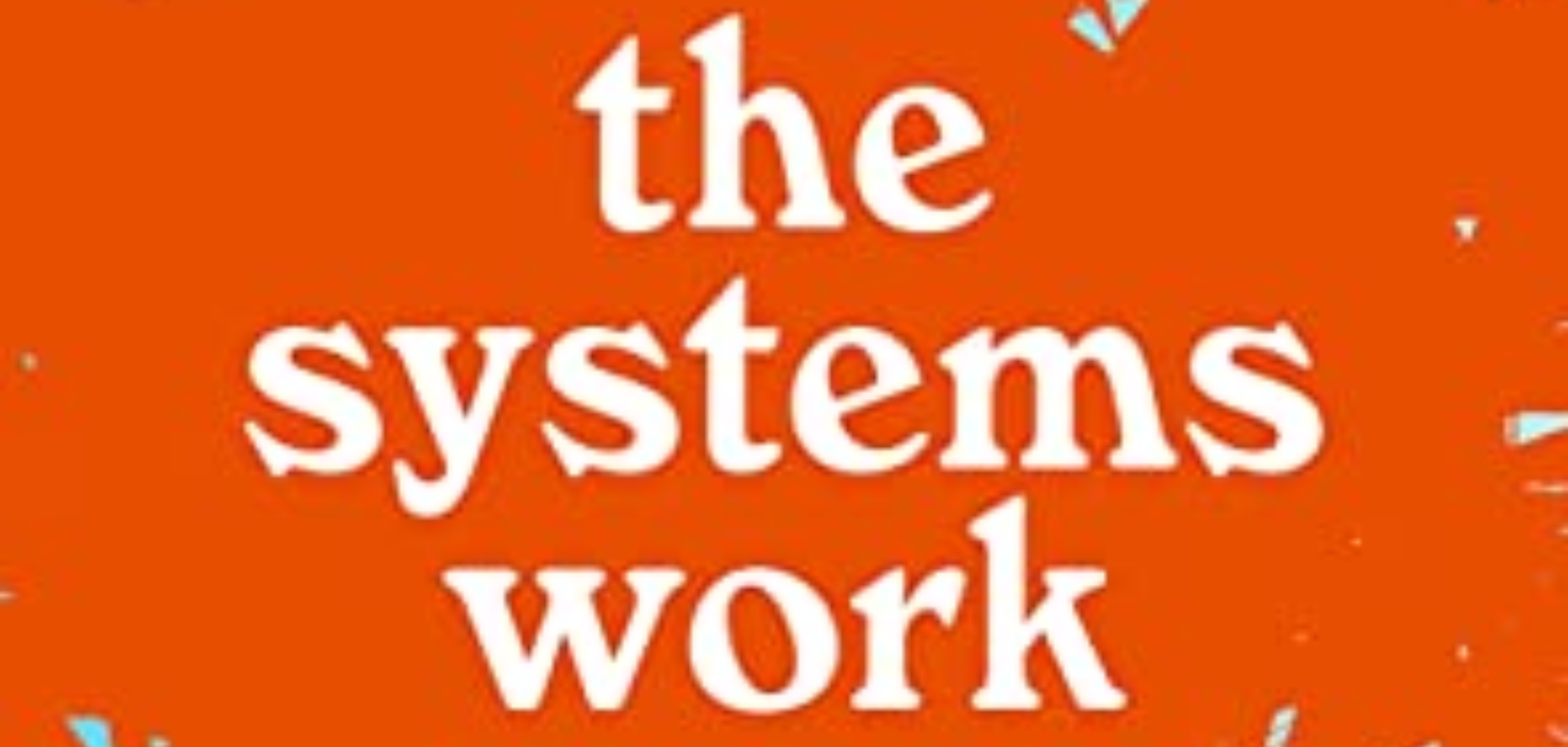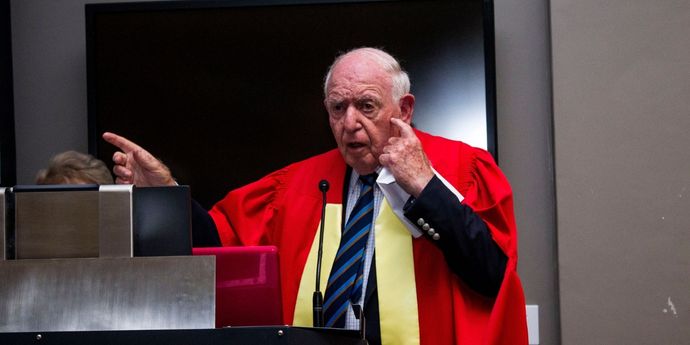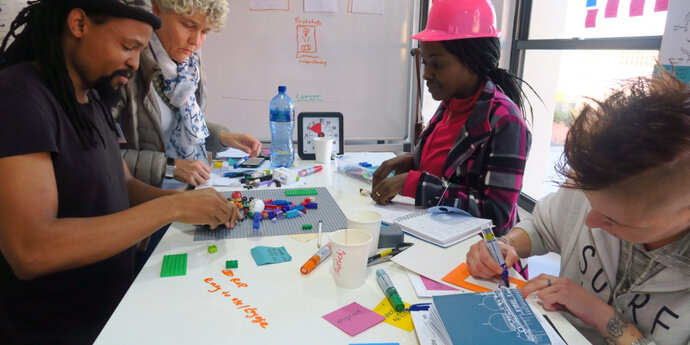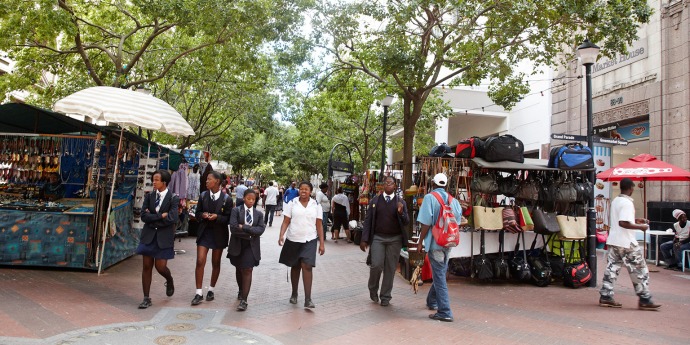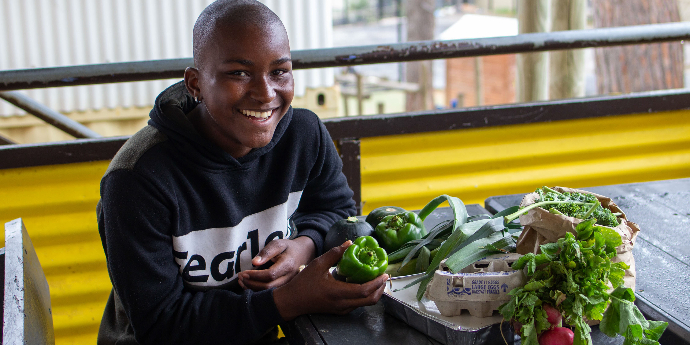If township entrepreneurs are ever going to be the job creators that policymakers hope for, a major overhaul of mindsets and infrastructure will be necessary — and it will take a collaborative effort to bring this about.
It is not uncommon to hear South African politicians extolling the untapped virtues of entrepreneurs as the country’s saviours in the making. By 2030, for instance, it is imagined that they will generate 90% of all new jobs created in the economy. But is this doable?
The reality is that many of these entrepreneurs will need to come from South Africa’s townships. With 22 million South Africans living in townships and informal settlements, they account for 38% of the country’s working-age citizens, and they also make up 60% of the country’s unemployed. Yet entrepreneurs in these contexts are poorly resourced and poorly understood, and the little we do understand about the realities they face tells us that they are being stifled - if not suffocated.
We know that township entrepreneurs and township-based entrepreneurs (those who operate solely within townships and those who do business both inside and outside of those communities) struggle to access finance from traditional sources, i.e. banks or government programmes, and we are beginning to appreciate they are cut off from information that could help their businesses. The 2018 SME South Africa Report tells us that just 6% of entrepreneurs surveyed had received government funding and 9% funding from non-governmental sources, because, in many cases, they didn’t know how to access or apply for this. That same report highlighted a growing need for mentorship and assistance with expanding markets and networks.
These shortcomings are by no means inconsequential. They are not mere bumps in the road; they are calamitous potholes. They threaten to fail both the entrepreneurs and the country, which has invested so much hope — and money — in entrepreneurship.
That faith is not unfounded. Nurturing and bolstering township entrepreneurs could inject life into poorer households and communities and help reshape the South African economy for the better, but we need to find ways to fill in those potholes — and fast. Here are four simple things we can do differently to get things moving.
Get the right infrastructure in place
In our work with entrepreneurs — findings backed up by research — we have repeatedly been reminded that one of the biggest challenges faced by entrepreneurs is a lack of infrastructure. And by infrastructure we mean everything from access to office space and factories in which they can produce their goods or services, to the necessary registration and legal frameworks required to set up a business. These are timely reminders that townships were, on their founding, never imagined as nerve centres or breeding grounds for businesses; they were simply places from which people were expected to commute to work and back.
For township economies to now blossom into fully fledged economic drivers, the spatial organisation, as well as the economic system in which we now operate will have to be turned on its head. And there are practical ways to do so. Imagine converting the now mostly underutilised government service centres in townships into neural hubs and core production spaces from which the youth can access services and run businesses. The Bandwidth Barn in Khayelitsha, a business incubator for young black entrepreneurs looking to break into the tech industry, is the country’s first and only township-based tech hub. We need more of these initiatives to support organisations and entrepreneurs creating products and services for township economies.
Create access to social capital
One of the most neglected areas of support for black businesses is social capital, those social networks that connect them to support and markets. Through eKasi Entrepreneurs, where my fellow board members and I can expose entrepreneurs to opportunities through our own social networks, we have illustrated just how critical this can be. Likewise, our Township Business Investment Summit & Expo (the second of which took place in Soweto in August 2019) offers a platform where township-based entrepreneurs can access information, resources, funding and procurement opportunities, and build their own networks. But we only have capacity to work with a small number of entrepreneurs. There are many more out there, bursting with ideas that could indeed transform their communities and the country as a whole. With a helping hand they could achieve so much more.
Listen to what they have to say
A good rule of thumb, when talking about how to boost township entrepreneurship, is a bit of humility is not a bad thing. Often those going into townships to work with aspiring entrepreneurs, with the best of intentions, make the mistake of presuming to know what those entrepreneurs need without so much as asking them first. What they overlook is that township entrepreneurs usually have a very good sense of what they need, and what their own shortcomings are. There needs to be more opportunities created to let the voice of these entrepreneurs be heard.
Tell success stories
Those who in any way doubt the potential of township-based entrepreneurs to transform communities should consider the story of Nhlanhla Ndlovu, whose construction company, Hustlenomics, trains women and youth to replace informal backyard shacks with durable technology using alternative building technology. This socially innovative business earned the company first prize at the 2018 SAB Foundation Social Innovation and Disability Empowerment Awards. Or take Tebogo Ramahlo, who has in quick time increased the revenues of his construction company, Task Build SA, which works with craftsmen and artisans from townships, from five digits to eight, and now feels equipped and capable of competing in an open market. Think of young Sizwe Nzima, who developed Iyeza Express as a delivery service that drops off prescriptions to residents by bicycle. These entrepreneurs are among the many who serve as beacons for what’s possible. We need to celebrate these entrepreneurs and share their stories to inspire others to follow in their footsteps.
The potential out there is significant, but if we don’t act soon and act decisively, much of it will go to waste. And we need, as Ncedisa Nkonyeni course convenor of the Bertha Centre’s Systems Change and Social Impact short course says, to work together to achieve this. Research from the Bertha Centre shows that many role players in the entrepreneurship ecosystem are recognising that they need to shift the way they do things to address what is essentially an unequal economic system. Investors — public and private — for example are increasingly exploring and developing investing for impact strategies to draw in more township entrepreneurs. Now the challenge is to find ways to connect the dots.
The Bertha Centre course, of which I am a graduate, seeks to bring together forward-thinking entrepreneurs, funders, policymakers, and others to develop their collective capacity to apply systems frameworks to addressing this complex problem. Only if we take a collaborative approach to re-configure outmoded aspects of our economic system are we going to be able to push the needle and bring about real social impact.
Elvis M Sekhaolelo is founder and executive director of eKasi Entrepreneurs, a non-profit company (NPC) dedicated to shaping the state of the townships and rural areas through the development of township entrepreneurs. For more information on the UCT GSB Systems Change & Social Impact course go to https://www.gsb.uct.ac.za/social-entrepreneurship.




